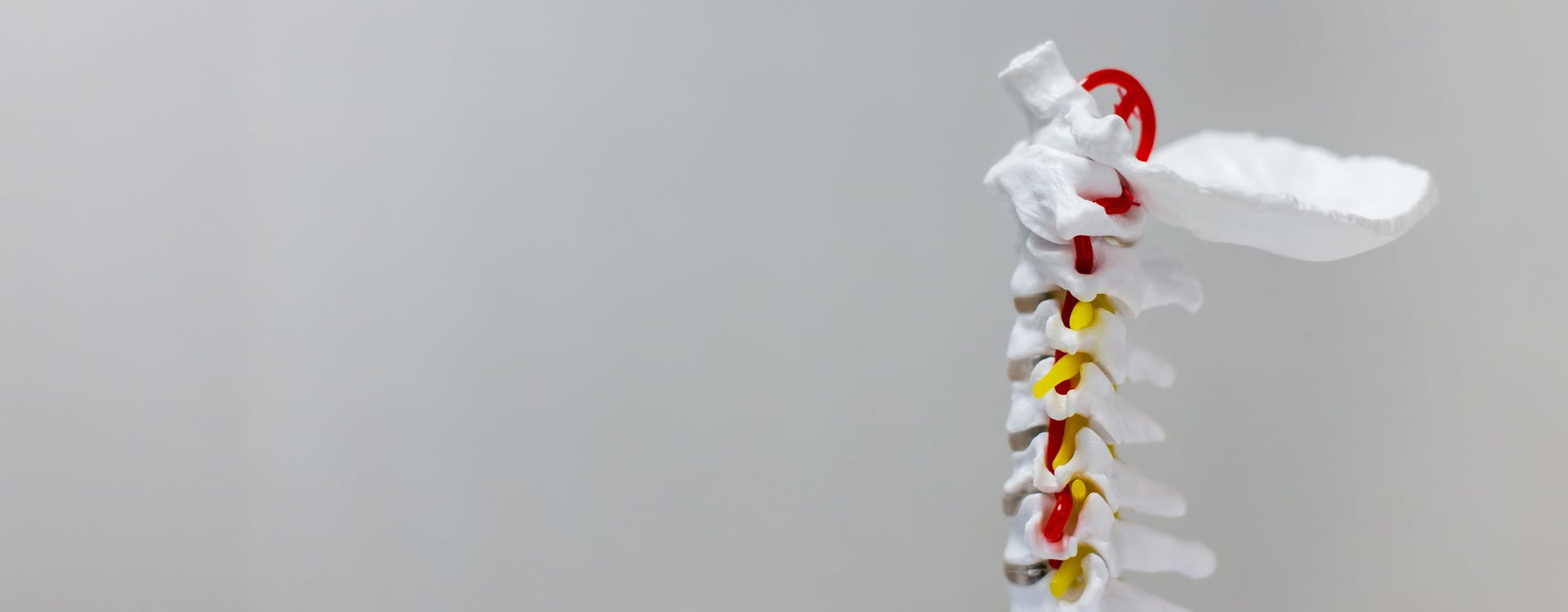A thoracic disc herniation occurs when a spinal disc in the mid-back bulges or ruptures, pressing on nearby nerves and causing pain or neurological symptoms. Our spine specialists at the Gerling Institute in NYC provide advanced, minimally invasive treatment to restore comfort and mobility.
Symptoms of Thoracic Disc Herniation
Thoracic disc herniation symptoms can vary based on the size and location of the herniation and whether it compresses the spinal cord or adjacent nerves. Common signs include:
- Mid-back pain or stiffness
- Pain radiating around the ribs, chest, or abdomen (sometimes mistaken for heart or stomach issues)
- Numbness or tingling in the torso or legs
- Weakness, coordination difficulties, or balance issues
- In severe cases, changes in bowel or bladder control
If you’re experiencing these symptoms, you must promptly visit a spine specialist in NYC to prevent progression or nerve damage.






